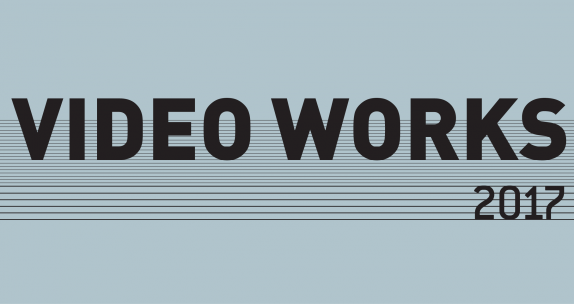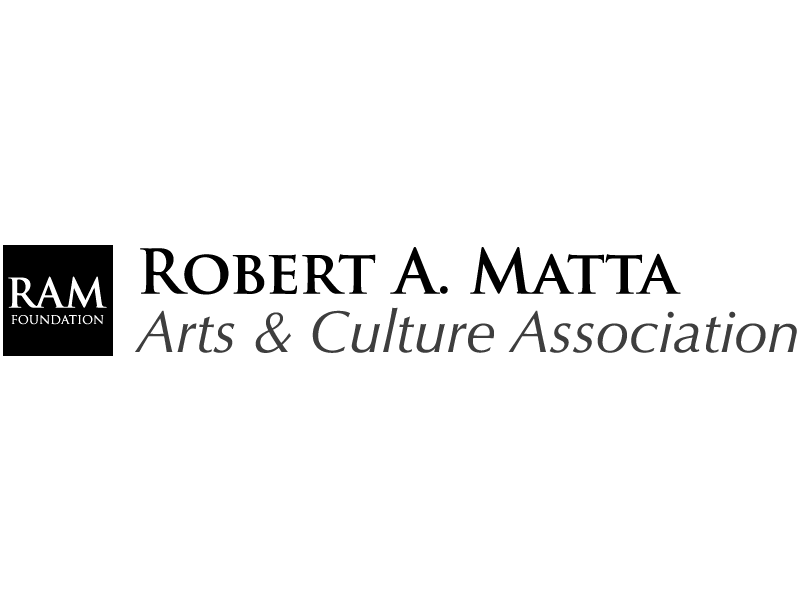Ahmad Al Trabolsi is a cinematographer and filmmaker based in Beirut, Lebanon. Al Trabolsi holds a BA in Cinema and TV Studies from the Lebanese University. His work has been included in festivals such as the Lebanese Film Festival, Australia (2014), Green Orchard International Film Festival, USA (2014) and Boston Film Festival, USA (2015).
Mohamad Hafeda is an artist and designer. He is a founding partner of Febrik, a collaborative platform for participatory art and design research working on issues of refuge and spatial rights. Hafeda holds a PhD in Architectural Design from the Bartlett School of Architecture, University College London. He is a lecturer in architecture and design at Leeds Beckett University and Westminster University. Hafeda is the co-editor of Narrating Beirut from its Borderlines (Heinrich Boll Foundation, 2011), Febrik’s projects Creative Refuge (Tadween, 2014) and Action of Street/Action of Room: A Directory of Public Actions (Serpentine Galleries, 2016). He is currently working on an authored book titled Negotiating Conflict: A Critical Bordering Practice.
Johnny Hchaime is a cinematographer and filmmaker based in Beirut, Lebanon. He completed the Prague Film School program in 2013; and a workshop with Francoise Huguier at the Arles School of Photography, France in 2015. His film Paroles De Monelle won le Prix de La Nuit de L’instant 2017 at Les Ateliers de L’Image and the first prize for Frame Photo Competition Documenting Gender in Beirut.
Toni Geitani is a director, writer, and sound designer. At the age of 12, his father offered him his first VHS camera through which he filmed small video trials within the circle of his family. He holds a BA in Audio-Visual Studies from Saint Joseph University, IESAV. His graduation short film The Leaves Will Bury (2015) was selected for FIDCampus 2015 as part of International Festival Marseille. Other than cinema, Toni indulges in working on his own music.
Stéphanie Dadour is an associate professor of Architectural History at the ENSA Grenoble and previously held a visiting scholar position at Columbia University in New York. She holds a doctorate in architecture from the ENSA Paris-Malaquais and has been awarded fellowships from the Fonds Québécois de la Recherche sur la Société et la Culture and from the Centre Pompidou Paris. Dadour’s research deals with decentring thought in architecture and the divide between theory and practice.
Sirine Fattouh is a Lebanese artist and researcher living between Paris and Beirut. She holds a doctorate in Visual Arts and Aesthetics from Université Paris 1–Pantheon-Sorbonne and a Master degree from École Nationale Supérieure d'Arts of Paris Cergy. Fattouh teaches Visual Arts and Art History at the University Paris 1 Pantheon-Sorbonne, Université Saint Esprit de Kaslik and Université Saint-Joseph. Fattouh has exhibited her work in group and solo exhibitions including at the Mucem (France), Fondation d’Entreprise Ricard (France), Kaaï Studio (Belgium), Beirut Art Center (Lebanon), and the Thessaloniki Biennale of Contemporary Art (Greece). Interested by histories from below, her practice explores the consequences of violence and displacement on notions of identity.
Ieva Saudargaite Douahi is a visual artist based in Beirut, who grew up between Lithuania, United Arab Emirates and Lebanon. Her practice investigates past and current actions on different territories. Douahi holds a B.Arch from the Lebanese American University.
Mustapha Jundi is an artist and architect based in Beirut. He holds a BArch from the American University of Beirut and an MArch from Yale University. Jundi was a fellow at the Ashkal Alwan’s Home Workspace Program (2015-16). He is a design instructor at the Department of Architecture and Design at the American University of Beirut. Jundi’s practice addresses different scales of intervention, from object to building, with a focus on spatial transformation.
Ahmed Elghoneimy’s work revolves around interpersonal tensions between various archetypal protagonists, such as sons and fathers, victims and perpetrators, bullies and friends, ideologies and those on which they fall. Elghoneimy’s work has been screened in several exhibitions and festivals, including International Film Festival Rotterdam (2011 and 2013), Home Works 6, Beirut (2013); Museum of Modern Art, New York (2013); Photo Cairo 5 (2012); FIDMarseille (2012) and Hamburg International Short Film Festival (2012). Elghoneimy was a fellow at Ashkal Alwan’s Home Workspace Program (2015-16) and is currently an artist-in-residence at the Künstlerhaus Bethanien, Berlin (2017-18). Elghoneimy holds a BFA from the University of Alexandria, Egypt.










